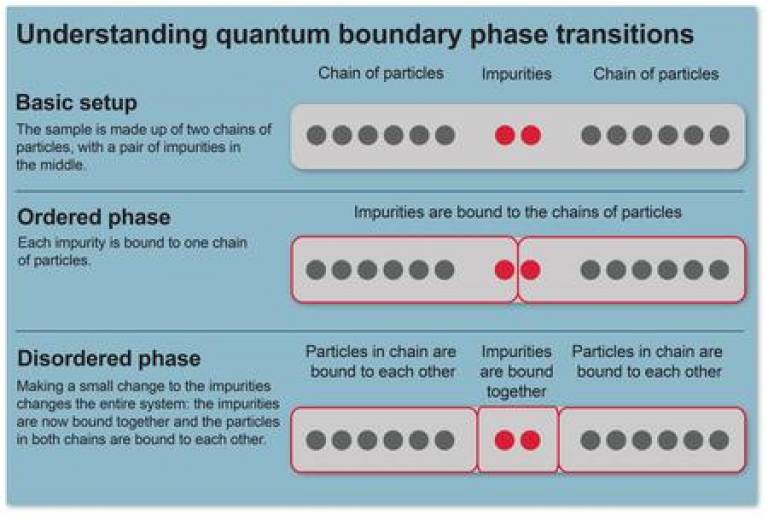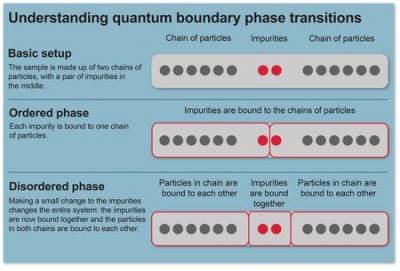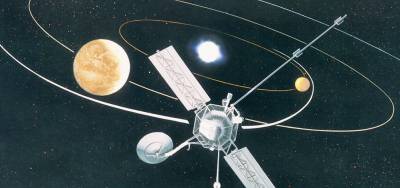UCL scientists explore the strange world of quantum phase transitions
7 May 2014

"What a curious feeling," says Alice in Lewis Carroll's tale, as she shrinks to a fraction of her size, and everything around her suddenly looks totally unfamiliar. Scientists too have to get used to these curious feelings when they examine matter on tiny scales and at low temperatures: all the behaviour we are used to seeing around us is turned on its head.
In research published today in the journal Nature Communications, UCL scientists have made a startling discovery about a familiar physical effect in this unfamiliar setting.
Phase transitions are a category of physical phenomena in which the properties of a sample and the relationships between the particles that make it up suddenly change. Phase transitions include familiar events such as water turning to ice when temperature drops, or a magnet losing its magnetisation when temperature rises.
In their research, Abolfazl Bayat and Sougato Bose (both UCL Physics & Astronomy) have studied phase transitions in a quantum setting, where the normal laws of nature do not apply. In quantum systems a tiny change can suddenly trigger a phase transition in an entire sample, as if an entire iceberg could be melted by touching it with a hot poker. For the first time, Bayat and Bose have identified a measurable quantity that can label the distinct phases of a system like this.
 Close
Close





